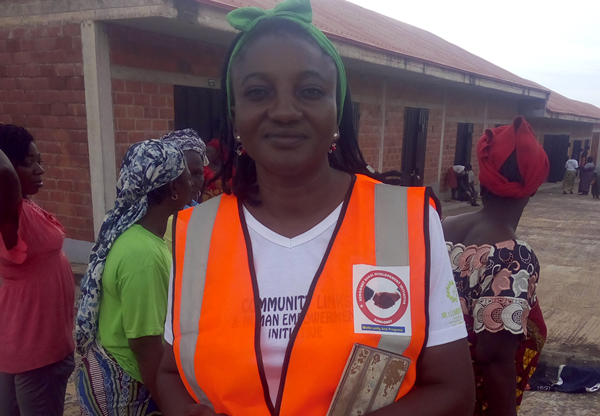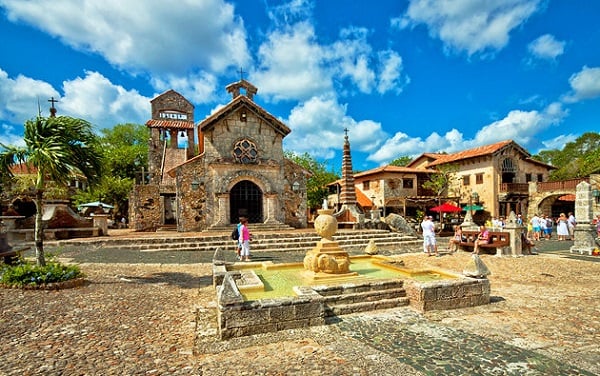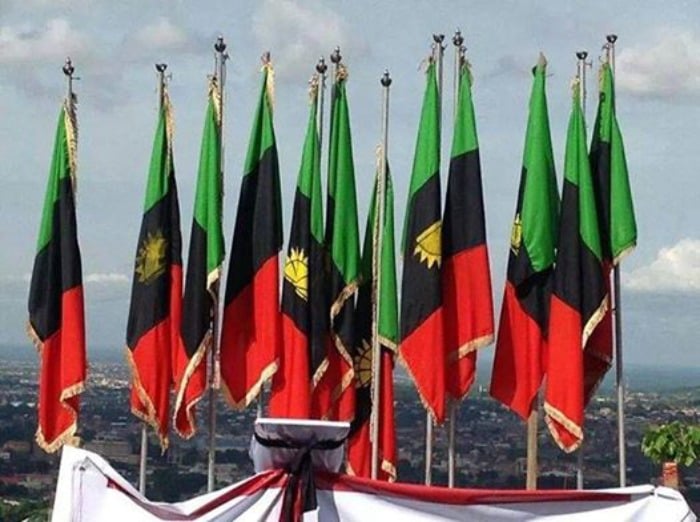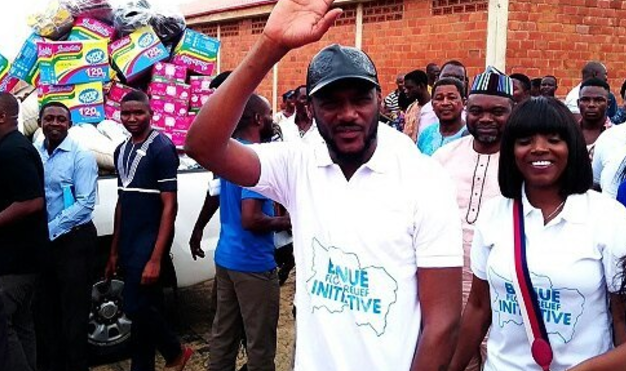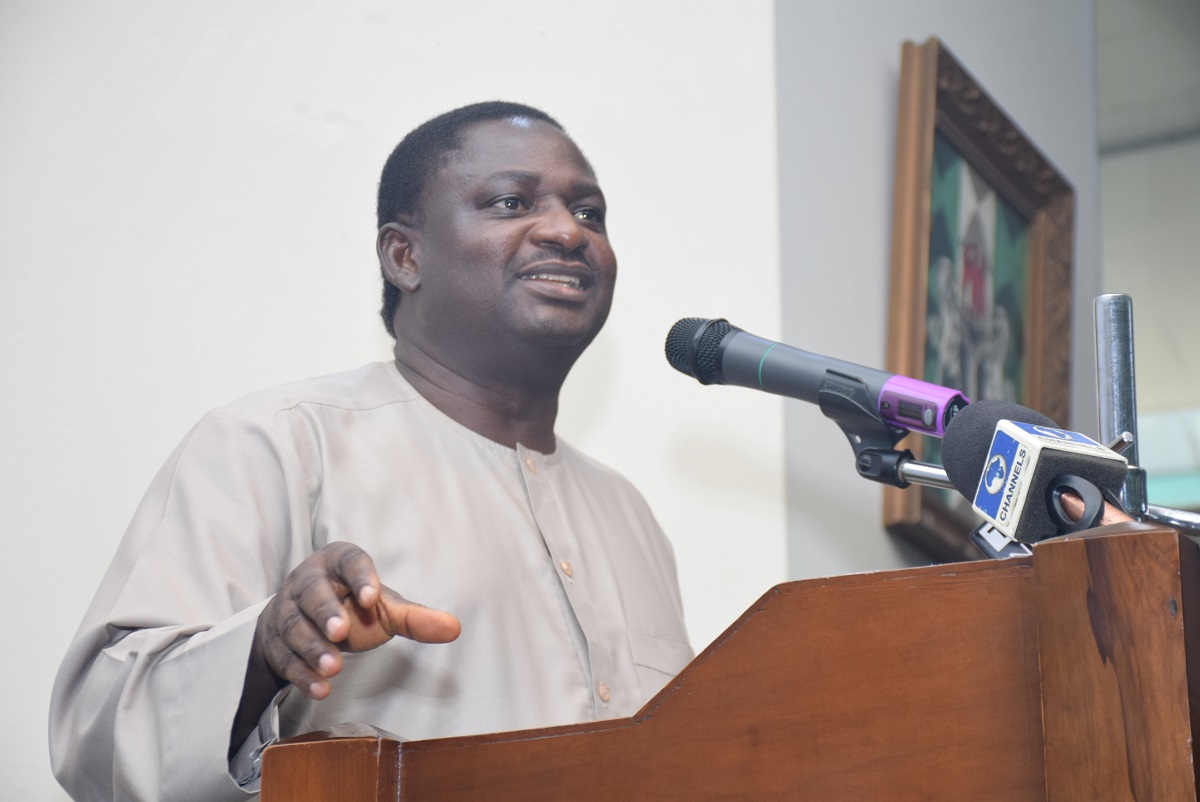BY SOLOMON ELUSOJI
On Monday morning, the mood at the internally displaced persons (IDP) camp inside Makurdi’s international market was quite cheerful. The previous day, the National Emergency Management Agency (NEMA) had delivered more supplies – mattresses, mosquito nets, stoves – to the camp. Somehow, electricity – advertised brashly with super-bright yellow bulbs attached to the walls of the shop buildings – had also found its way into the market. As this reporter made his way into the market, water trucks were drifting through the gates, filling the camp’s tanks.
However, none of these developments masked the herculean challenge of running a proper, humane camp. While the water trucks were doing their job, news reached camp administrators that some of the women had littered their surroundings with pads and toilet rolls. During the distribution of breakfast items – bread, packs of Indomie Noodles – scuffles, which required the intervention of armed policemen, frequently broke out. And more people continued to filter into the camp, complaining they have not been registered. And the person in the middle of all the hubbub was Helen TeghTegh.
TeghTegh is a honey-skinned woman with a perpetual smile on her face. She is the one most of the IDPs go to when they have complaints, so she is always on the move, from one situation to another. This reporter spent about four hours following her around the camp, as she answered questions intermittently, barely finishing a sentence before someone called her attention to something else.
“I’m the Chairperson for BENGONET’s Emergency Response Committee (ERC),” she said, which technically means she is responsible for the over 4,000 IDPs already registered in the camp. BENGONET is the Benue Non-Governmental Organisation Network, a coalition of NGOs in Benue, and they were the first and major responders to the flood disaster; their members are the foot soldiers practically running the government camp, collecting data and doling out hope to the miserable. “The government is ‘very fast’”, TeghTegh said, with an ironic smile, “but one simply hopes that they can cut through the bureaucracy and be faster.”
Advertisement
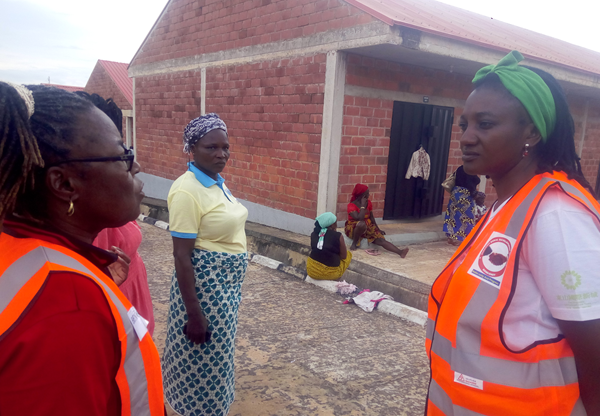
A vast majority of the supplies currently at the international market camp have come, not from government, but from individuals and private institutions. On Monday, one woman brought two bags of water and a small sack of clothes. It was received with great joy by the BENGONET officials, who are primary collectors of data in the camp. “We are surprised by the response from Nigerians,” TeghTegh told this reporter. “I look forward to a situation where our people contribute so much that when the government is finally ready, they would find nothing to do.”
But, unfortunately, as of Monday evening, as TeghTegh strolled through the camp, talking to IDPs, there is still a lot to be done. “Look at me now,” she said, a crease of worry on her face, “I am looking for what to feed them with this evening; they have to eat.”
NEMA has donated 100 bags of rice, but there are no condiments and gas to power the cooking. Some charcoal stoves have been donated, but more is needed. TeghTegh was worried.
Advertisement
Earlier, Ibrahim Jubril, minister of state for environment, and Benson Abounu, Benue’s deputy governor, had visited the camp. They both thanked God that no life was lost in the disaster, which affected 21 out of the 23 local governments in the state but TeghTegh told this reporter that two deaths were recorded.
TeghTegh, who studied literature at the University of Jos and Benue State University, is currently running a PhD programme. She lacks the philosophical bent to criticise the government for not doing or knowing enough, because she believes they remain major stakeholders in the relief programme and will come through for the IDPs sooner or later. “Who can live without hope?” she said.
The volunteers at the camp are the lifeblood of the relief movement. They are mostly young, vibrant persons with university education who have chosen to work in civil society organisations. Elizabeth Apoyi studied English at the Benue State University but works in a gender advocacy NGO. “More than the money, helping people makes me fulfilled,” she said.
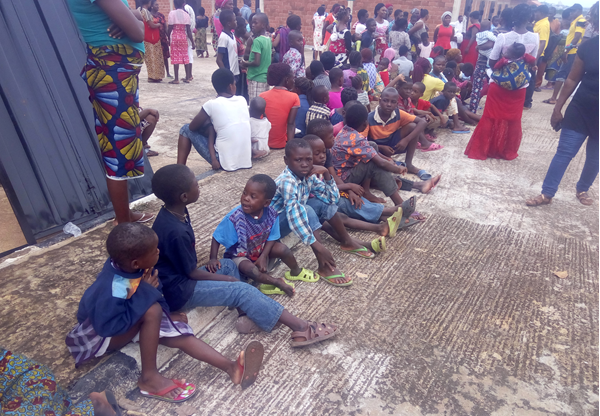
Most of the volunteers were drafted from some of the NGOs that make up BENGONET, but some members of the coalition have refused to send any staff, ensuring that there is a shortage of manpower. Volunteers are the ones tasked with the responsibility to go into the communities and record the data of those affected by the flood disaster, but there are not enough of them. “It is very demanding and stressful,” Apoyi said, “but it makes you happy when you realise that you are making a difference in someone’s life.” On Sunday, she had crisscrossed a muddy community, forms, and pen in hand.
Advertisement
Joshua Emmanuel, a medical microbiology graduate from the University of Maiduguri and development worker, serves as an observer for BENGONET at the warehouse receiving NEMA supplies. “So far, we’ve received four trucks of supplies,” he said, “and we are expecting two more on Tuesday.” Contrary to reports from some quarters, he noted, the delivery of supplies from the emergency agency were all in order. “No one is diverting anything; we are making sure none of that happens.”
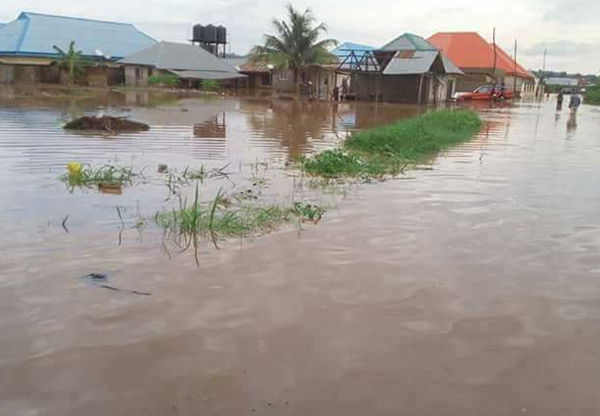
Not every volunteer went to university or works at an NGO. One of those helping to keep the camp secure is a soldier, who asked to not have his name revealed. After years of being at the forefront of the Boko Haram battle in Yobe, he has returned to Makurdi on indefinite leave after developing post traumatic stress disorder (PTSD).
“I can’t sleep at night,” he said, “So I have come here to volunteer my services, to keep moving.” Rifle in hand, he glides, literally, through the camp, his back a bit stooped from whatever burden he carries from his memories of bloody conflict.
On Tuesday, as early as 8am, the volunteers, again, were already in full swing. TeghTegh was giving orders, running around, acknowledging random greetings.
Advertisement
“We don’t know how long we will be here,” the ERC secretary, Martins Orga, told this reporter, “but as long as it takes, to get these people resettled.”
Advertisement
Add a comment
